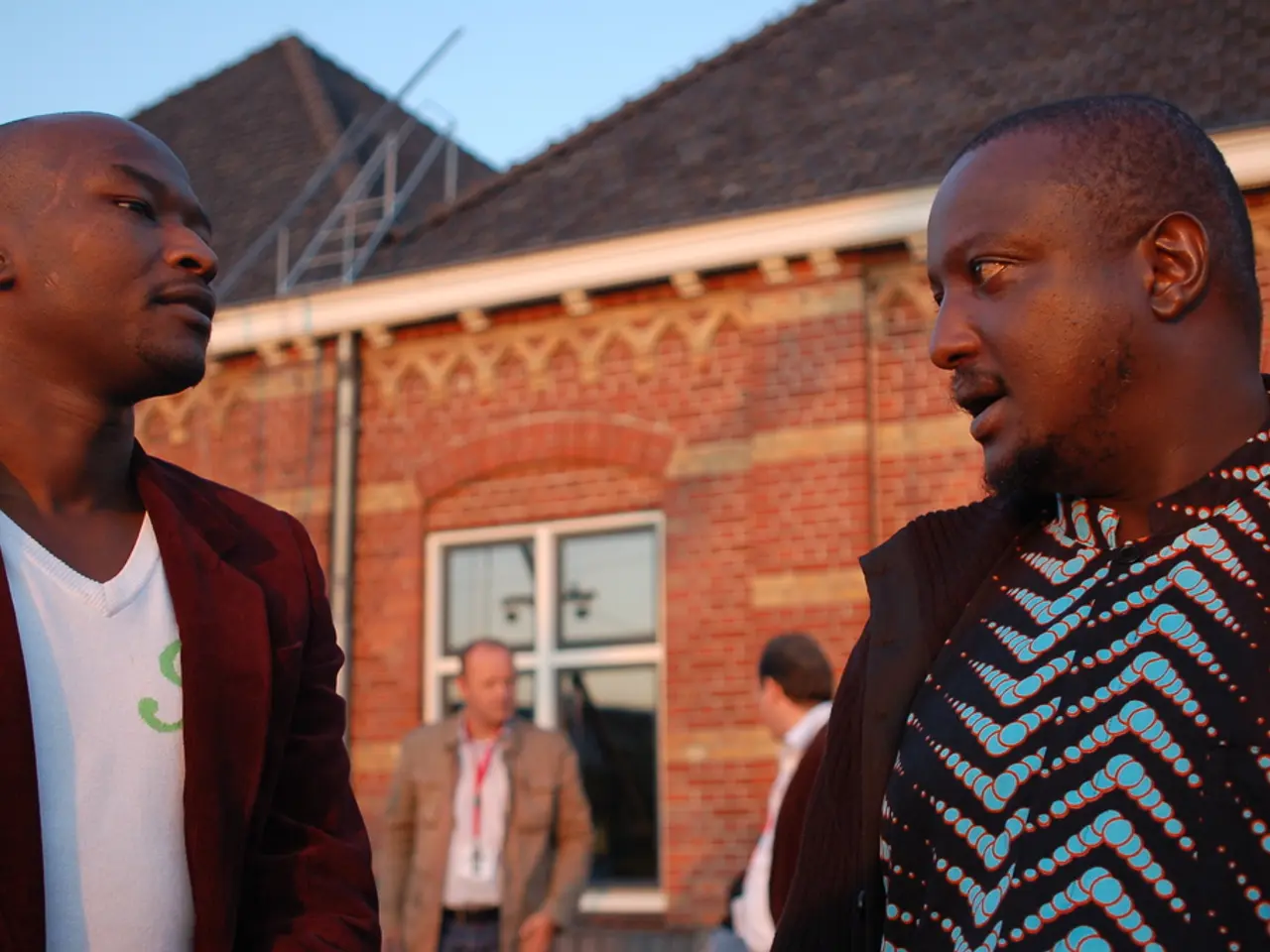Criticizes Ruto's 'boda boda economy', with Muturi describing it as impoverished transportation system
Kenya is grappling with a severe structural unemployment crisis, particularly affecting its youth. The crisis, characterised by high unemployment rates among the youth, is a complex issue rooted in a growing labor force, a skills-job market mismatch, and an economy heavily reliant on informal and low-productivity sectors.
Criticisms against the government have been mounting, with former Cabinet Secretary Justin Muturi accusing the administration of squandering taxes and failing to address the economic crisis. Muturi has also compared the government's approach to giving someone a spoon to dig a dam. He believes that the government's focus on public relations over delivering results is misguided.
Muturi has highlighted several key aspects of the crisis. He points out the mismatch between education and skills needs, the prevalence of informal work and self-employment, and the gender disparities in employment opportunities. He has criticised the government's emphasis on small businesses and informal activities, arguing that a country producing more boda bodas than engineers is planning for economic stagnation.
Muturi has also accused the government of embracing tokenism masquerading as policy, and not investing in innovation hubs, manufacturing skills, tech funding, and green energy jobs. He has termed the boda-boda policy a 'political trap', a short-term hustle keeping the youth dependent and grateful during campaign seasons, and a form of political clientelism as opposed to empowerment.
In contrast, Deputy President Kithure Kindiki has dismissed critics, stating that Kenya's transformation journey is on course, one step at a time. He has highlighted key national government development programmes running in all counties to actualize the vision of Kenya's transformation and the creation of an equal opportunity society. The government, according to Kindiki, will increase its interaction with the youth, engage with and listen more to them, and implement far-reaching governance and accountability changes, incorporating the views and input of young people.
Potential solutions beyond small hustles include strengthening Technical and Vocational Education and Training (TVET), formal sector job creation, reforming public sector employment policies, gender inclusion policies, supporting innovation and entrepreneurship, and improving labor market data and planning. These systemic reforms emphasise vocational training aligned with market demands, creation of formal jobs, policies to enable youth and women’s inclusion, and stronger support frameworks for innovation and entrepreneurship beyond low-productivity small-scale activities.
However, Muturi has expressed concern that under President Ruto's leadership, the Kenyan economy is not recovering but is gasping for air. He has criticised the Hustler Fund, a financial scheme marketed as a revolution, for turning out to be a digital joke, more of a data collection scheme than an economic intervention.
In conclusion, addressing Kenya's structural unemployment crisis requires a comprehensive approach that addresses the root causes and implements systemic reforms. The debate continues, with critics calling for more action and the government emphasising its ongoing development programmes.
Read also:
- Court petitions to reverse established decision on same-sex marriage legalization
- Commemoration of 200 Days of American Resurgence Unveiled
- Minister Bärbel Bas expresses doubts about her tenure as a minister following a recent interview during the summer.
- A Tale of Two RussiansGate Notable Figures: Focus on Mike Davis






